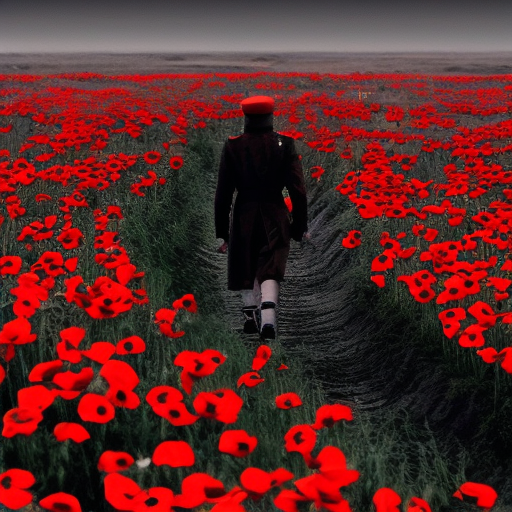All Quiet on the Western Front by Edward Berger
Summary: “All Quiet on the Western Front” is a powerful war film directed by Edward Berger that follows the harrowing journey of a young German soldier named Paul Baumer during World War I.
Main Cast and Crew:
- Director: Edward Berger
- Writers: Ian Stokell, Lesley Paterson
- Key Actors: Louis Hofmann as Paul Baumer, Daniel Brühl as Kantorek, Paula Beer as Katharina, Sebastian Hülk as Himmelstoss
- Music Director: Jack Arnold
- Director of Photography: James Friend
- Producers: Malte Grunert, Daniel Dreifuss, Ian Stokell, Lesley Paterson
Plot:
Set in Germany during World War I, “All Quiet on the Western Front” follows Paul Baumer, a young and idealistic student who, along with his classmates, enlists in the army. The film explores the brutal realities of war as Paul and his comrades experience the horrors of trench warfare, witnessing death and destruction on a daily basis.
As the war progresses, Paul and his friends face physical and emotional challenges, struggling to maintain their sanity and hold on to their humanity. They grapple with the dehumanizing effects of war, questioning the purpose and futility of the conflict they find themselves in. The film delves into the bonds formed between soldiers, the loss of innocence, and the psychological toll of war on young minds.
Themes and Motifs:
“All Quiet on the Western Front” explores several central themes, including the dehumanizing nature of war, the loss of innocence, and the disillusionment of young soldiers. It portrays the devastating impact of war on individuals and society as a whole, highlighting the physical and psychological scars that soldiers carry long after the fighting ends. The film also examines the themes of camaraderie, sacrifice, and the futile nature of war.
Reception and Legacy:
Upon its release, “All Quiet on the Western Front” received critical acclaim for its realistic portrayal of war and its impact on soldiers. The film won two Academy Awards, including Best Director for Edward Berger. It was also nominated for Best Picture and Best Adapted Screenplay.
The movie’s legacy in cinema is significant, as it remains one of the most influential war films ever made. Its anti-war message and unflinching depiction of the horrors of war have resonated with audiences for decades. “All Quiet on the Western Front” continues to be studied in film schools and is often regarded as a masterpiece of its genre.
Recommendation:
“All Quiet on the Western Front” is a must-watch for those interested in war films that explore the human side of conflict. The film’s powerful performances, gripping storytelling, and thought-provoking themes make it a compelling and emotional viewing experience. However, due to its graphic depiction of war violence, it may not be suitable for sensitive viewers.
Memorable Quote:
“Comrades, we are going home. Home, where a new world awaits us. A world of peace and hope. We fought for it, we bled for it, we died for it. We are going home.” – Paul Baumer












